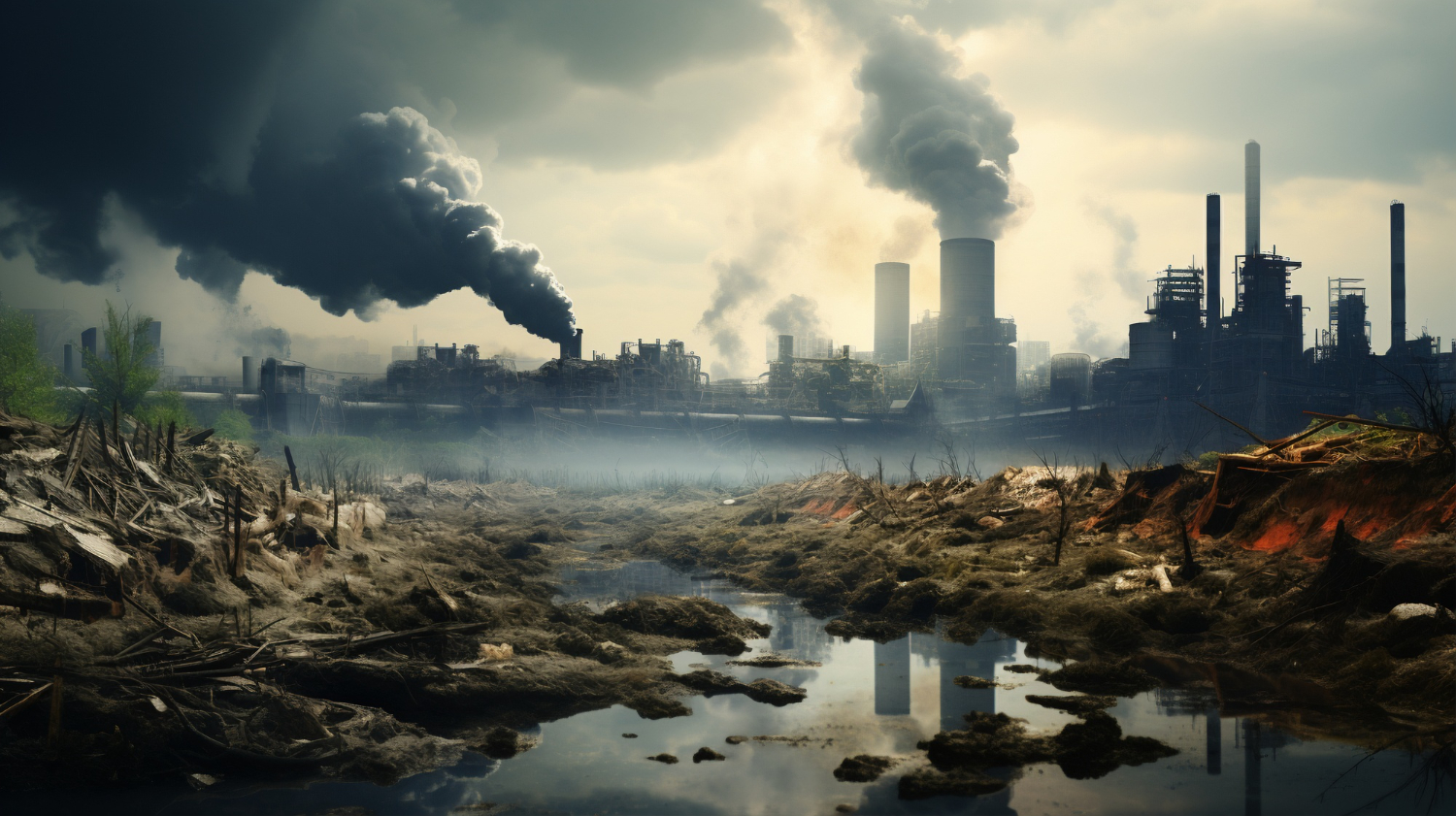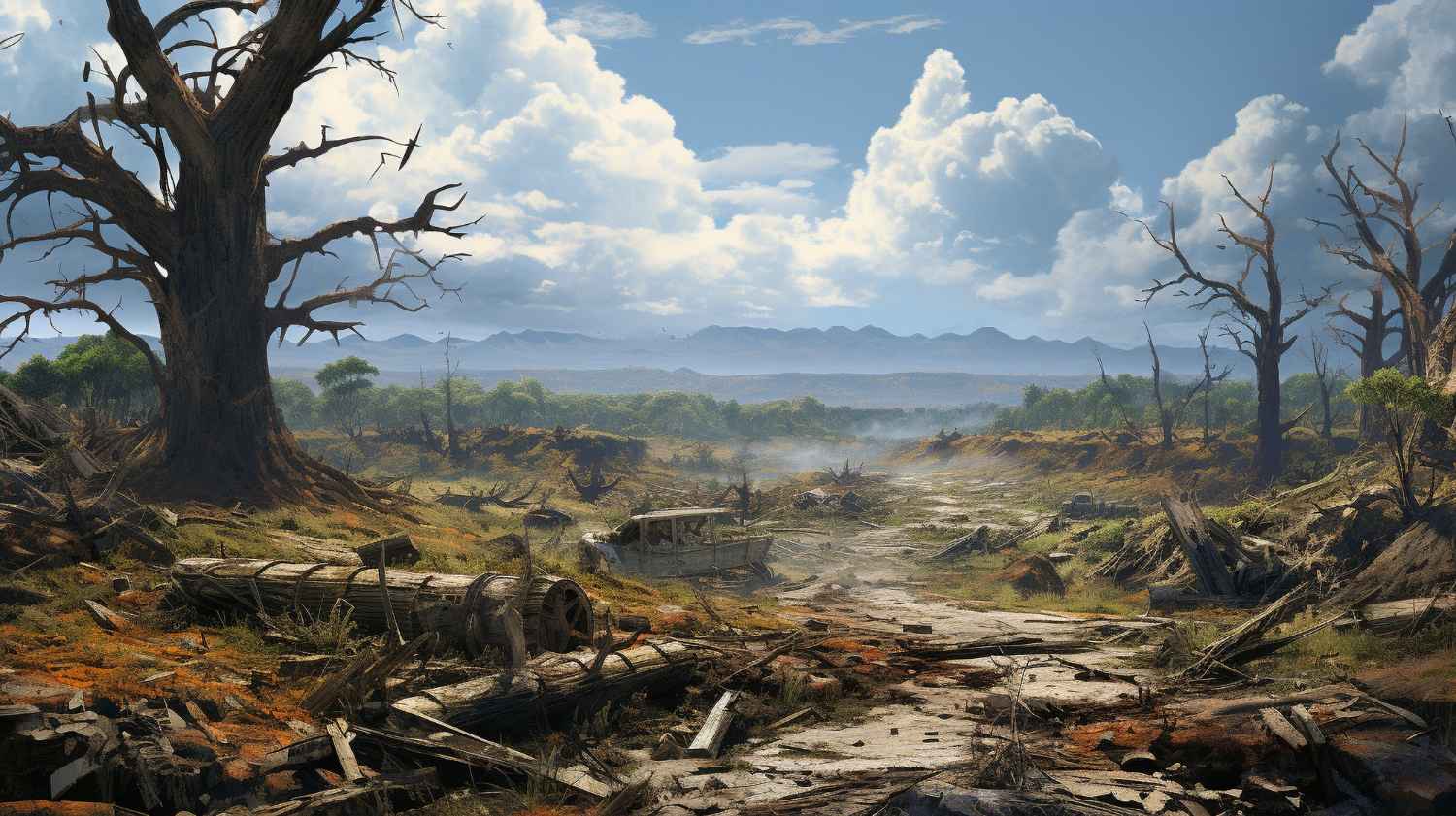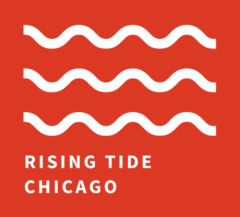Amenity หรือสิ่งอำนวยความสะดวกในโรงแรมเป็นสิ่งที่มีความสำคัญสำหรับผู้เข้าพักที่มาพักผ่อนหรือเข้าพักในโรงแรม โดยมักจะมีหลายประเภทและรูปแบบต่างๆ ซึ่งมุ่งเน้นให้ผู้เข้าพักได้รับประสบการณ์การเข้าพักที่สะดวกสบายและมีคุณภาพ Amenity ในโรงแรมหมายถึงสิ่งอำนวยความสะดวกและบริการที่โรงแรมมีเพื่อให้ผู้เข้าพักมีประสบการณ์การเข้าพักที่สะดวกสบายและพึงพอใจมากขึ้น เช่น สิ่งอำนวยความสะดวกในห้องพัก เช่น เตียงนอนที่สบาย ส่วนตัว แอร์คอนดิชั่น โทรทัศน์ ตู้เย็น เครื่องทำน้ำอุ่น หรือสิ่งอำนวยความสะดวกในส่วนกลาง เช่น สระว่ายน้ำ ฟิตเนส ร้านอาหาร ร้านกาแฟ บริการที่พักไว้ให้ในโรงแรมจะช่วยทำให้ผู้เข้าพักมีประสบการณ์การเข้าพักที่ดีและทำให้โรงแรมมีความน่าสนใจและได้รับการตอบรับจากผู้เข้าพักอย่างดีในตลาดโรงแรมที่แข่งขันกันอย่างเข้มข้นซึ่งส่งผลต่อยอดขายและความสำเร็จของธุรกิจโรงแรมของเขา Amenity โรงแรม สิ่งสำคัญของโรงแรมที่คนส่วนใหญ่ไม่ค่อยรู้รายละเอียด ในสมัยปัจจุบัน การมี Amenity ที่ดีในโรงแรมมีความสำคัญอย่างมาก เนื่องจากผู้เข้าพักมีการเลือกโรงแรมอย่างรอบด้านก่อนที่จะตัดสินใจจองห้องพัก และสิ่งอำนวยความสะดวกที่เพียงพออาจช่วยสร้างความประทับใจและความพึงพอใจให้กับผู้เข้าพัก นอกจากนี้ เมื่อโรงแรมมี Amenity ที่ดีและครอบคลุม จะช่วยสร้างต่อยอดธุรกิจของโรงแรมได้อย่างมีประสิทธิภาพมากยิ่งขึ้น โดยเฉพาะในสถานการณ์ตลาดโรงแรมที่แข่งขันกันอย่างเข้มข้น การมี Amenity ที่ดีสามารถช่วยดึงดูดลูกค้าได้ สร้างศักยภาพในการเพิ่มยอดขายและประสบความสำเร็จในการทำธุรกิจโรงแรม สิ่งอำนวยความสะดวกในห้อง เช่น เตียงที่มีการเลือกใช้หมอนและผ้าห่มที่มีคุณภาพดี เครื่องชงกาแฟ ไดร์เป่าผม ตู้เย็น เครื่องปรับอากาศ และโทรทัศน์ สิ่งอำนวยความสะดวกในห้องน้ำ เช่น อ่างล้างหน้า ห้องอาบน้ำและส่วนเชื่อมต่อ กระจกขยายที่แสดงการดูแลสุขภาพ และอุปกรณ์ในการอาบน้ำ […]

เช็คเบี้ยประกันรถยนต์กระบวนการที่ผู้เอาประกันซึ่งเป็นเจ้าของรถยนต์ทำเพื่อตรวจสอบราคาเบี้ยประกันปัจจุบันของรถยนต์เช็คเบี้ยประกันรถยนต์กระบวนการที่ผู้เอาประกันซึ่งเป็นเจ้าของรถยนต์ทำเพื่อตรวจสอบราคาเบี้ยประกันปัจจุบันของรถยนต์
การเช็คเบี้ยประกันรถยนต์เป็นขั้นตอนสำคัญที่ช่วยให้เจ้าของรถทราบถึงราคาเบี้ยประกันปัจจุบันของรถยนต์ของตน การเช็คเบี้ยประกันรถยนต์ไม่เพียงแต่ช่วยให้คุณทราบถึงค่าเบี้ยประกันปัจจุบันเท่านั้น แต่ยังช่วยให้คุณเข้าใจข้อเสียและข้อดีของแผนประกันต่าง ๆ ที่เสนอโดยบริษัทประกันต่าง ๆ ด้วย นอกจากนี้ยังช่วยให้คุณสามารถเปรียบเทียบราคาและเลือกแผนประกันที่เหมาะสมที่สุดสำหรับคุณได้อีกด้วย เช็คเบี้ยประกันรถยนต์กระบวนการที่ผู้เอาประกันซึ่งเป็นเจ้าของรถยนต์ทำเพื่อตรวจสอบราคาเบี้ยประกันปัจจุบันของรถยนต์ การเช็คเบี้ยประกันรถยนต์คือกระบวนการที่ผู้เอาประกันซึ่งเป็นเจ้าของรถยนต์ทำเพื่อตรวจสอบราคาเบี้ยประกันปัจจุบันของรถยนต์ของตน การเช็คเบี้ยประกันรถยนต์เป็นขั้นตอนสำคัญที่ช่วยให้ผู้เอาประกันทราบถึงราคาเบี้ยประกันปัจจุบันของรถยนต์ของตน โดยทั่วไปแล้ว ขั้นตอนที่คุณต้องทำเพื่อเช็คเบี้ยประกันรถยนต์ประกอบด้วย รวบรวมข้อมูล เริ่มต้นโดยรวบรวมข้อมูลที่เกี่ยวข้องกับรถยนต์ของคุณ เช่น รายละเอียดของรถ เช่น ยี่ห้อ รุ่น และปี และข้อมูลเกี่ยวกับการขับขี่ เช่น ประวัติการขับขี่ และประวัติการเคลม ติดต่อบริษัทประกัน คุณสามารถติดต่อกับบริษัทประกันรถยนต์ของคุณโดยตรงหรือทางออนไลน์ผ่านเว็บไซต์ของบริษัท ระบุข้อมูลของคุณ คุณจะต้องระบุข้อมูลส่วนตัวของคุณ เช่น ชื่อ ที่อยู่ และข้อมูลการติดต่ออื่น ๆ ที่เกี่ยวข้อง เพื่อให้บริษัทประกันสามารถติดต่อกลับไปหาคุณ ระบุการคุ้มครองที่ต้องการ คุณจะต้องระบุประเภทของประกันที่คุณต้องการ เช่น ประกันชั้น 1, 2, หรือ 3 รวมถึงประเภทของความคุ้มครอง เช่น ความคุ้มครองที่ครอบคลุมการชนกัน เป็นต้น เข้าสู่เว็บไซต์ออนไลน์ของบริษัทประกันรถยนต์ เปิดเว็บไซต์ของบริษัทประกันรถยนต์ที่คุณสนใจและค้นหาส่วนที่เกี่ยวกับการเช็คเบี้ยประกันรถยนต์ บางบริษัทอาจมีเครื่องมือออนไลน์ที่ช่วยให้คุณคำนวณราคาเบี้ยประกันได้โดยตรง ป้อนข้อมูลของรถยนต์ของคุณ ป้อนข้อมูลที่เกี่ยวข้องกับรถยนต์ของคุณที่ระบบของเว็บไซต์ รวมถึงรายละเอียดเกี่ยวกับรถ เช่น […]

เครื่องปั๊มสูญญากาศ มีทั้งหมดกี่ประเภท แต่ละประเภทใช้งานในลักษณะใดเครื่องปั๊มสูญญากาศ มีทั้งหมดกี่ประเภท แต่ละประเภทใช้งานในลักษณะใด
เครื่องปั๊มสูญญากาศ เป็นอุปกรณ์ที่ใช้สำหรับ ดูดอากาศ ความชื้น ความร้อน เพื่อให้อยู่ในระดับแรงดันสุญญากาศตามที่ต้องการ ซึ่งเครื่องปั๊มสูญญากาศจะทำหน้าที่ดูดอากาศออกจนเกือบหมด การทำให้เกิดสภาวะสุญญากาศขึ้นอยู่กับความสามารถของเครื่องปั๊มสูญญากาศแต่ละรุ่น ซึ่งมีอยู่หลายชนิด และเรามาทำความรู้จักกับเครื่องปั๊มสูญญากาศ ว่ามีทั้งหมดกี่ประเภท แต่ละประเภทใช้งานในลักษณะใดบ้าง เรามาหาคำตอบกัน

คอร์สเรียนภาษาอังกฤษมีอะไรบ้าง คอร์สเรียนภาษาอังกฤษมีอะไรบ้าง
หากว่าเอ่ยถึงคอร์สเรียนภาษาอังกฤษ หลายๆ คนคงกำลังนึกสงสัยอยู่ใช่หรือไม่ว่ามีคอร์สใดบ้าง และคอร์สใดที่จะเหมาะสมกับตัวของคุณมากที่สุด ซึ่งวันนี้เราขออาสาพามาแนะนำว่าคอร์สเรียนรู้ภาษาอังกฤษที่น่าสนใจมีสิ่งใดที่ไม่ควรมองข้าม พร้อมแล้วมาดูกันเลย

รวมเรื่องควรรู้เกี่ยวกับประกันภัยรถยนต์ชั้น 1 ประกันภัยรถยนต์ที่มีค่าเบี้ยประกันค่อนข้างสูงรวมเรื่องควรรู้เกี่ยวกับประกันภัยรถยนต์ชั้น 1 ประกันภัยรถยนต์ที่มีค่าเบี้ยประกันค่อนข้างสูง
อย่างที่ทราบกันอย่างดีมาตลอดว่า ประกันภัยรถยนต์ชั้น 1 เป็นประกันภัยรถยนต์ที่มีค่าเบี้ยประกันค่อนข้างสูง หลายคนที่เป็นมือใหม่อาจยังไม่แน่ใจว่าตนเองเหมาะกับประกันภัยรถยนต์ชั้น 1 หรือไม่ และประกันรถยนต์ชั้น 1 มีรายละเอียดและข้อดีข้อเสียอย่างไร เราจะมาไขหลากหลายคำถามของประกันภัยรถยนต์ชั้น 1 ในบทความนี้

ความสำคัญของการศึกษาทางสิ่งแวดล้อมในการต่อต้านการเปลี่ยนแปลงสภาพภูมิอากาศความสำคัญของการศึกษาทางสิ่งแวดล้อมในการต่อต้านการเปลี่ยนแปลงสภาพภูมิอากาศ
การศึกษาทางสิ่งแวดล้อม เป็นกุญแจสำคัญในการต่อสู้กับ การเปลี่ยนแปลงสภาพภูมิอากาศ ภัยคุกคามร้ายแรงต่อโลกของเรา อุณหภูมิที่สูงขึ้น ระดับน้ำทะเลที่เพิ่มสูงขึ้น และสภาพอากาศที่รุนแรง ล้วนเป็นผลมาจากการเปลี่ยนแปลงสภาพภูมิอากาศ ปัญหานี้ส่งผลกระทบต่อทุกคนบนโลก และเราจำเป็นต้องร่วมมือกันเพื่อแก้ไข การศึกษาทางสิ่งแวดล้อม หมายถึง การเรียนรู้เกี่ยวกับสิ่งแวดล้อม การศึกษาประเภทนี้ครอบคลุมถึง ระบบนิเวศ ทรัพยากรธรรมชาติ มลพิษ การเปลี่ยนแปลงสภาพภูมิอากาศ และความยั่งยืน การศึกษาทางสิ่งแวดล้อม มีบทบาทสำคัญในการต่อต้านการเปลี่ยนแปลงสภาพภูมิอากาศ ดังนี้ 1. สร้างความตระหนักรู้: การศึกษา ช่วยให้ผู้คนเข้าใจสาเหตุและผลกระทบของการเปลี่ยนแปลงสภาพภูมิอากาศ เมื่อผู้คนตระหนักถึงปัญหาแล้ว พวกเขาจะเริ่มดำเนินการเพื่อแก้ไข ตัวอย่าง: 2. ส่งเสริมพฤติกรรมที่ยั่งยืน: การศึกษา ช่วยให้ผู้คนเรียนรู้ทักษะที่จำเป็นในการดำเนินชีวิตอย่างยั่งยืน ทักษะเหล่านี้รวมถึง: ตัวอย่าง: 3. สนับสนุนการตัดสินใจเชิงนโยบาย: การศึกษา ช่วยให้ผู้มีอำนาจตัดสินใจเข้าใจผลกระทบของนโยบายต่างๆ ต่อสิ่งแวดล้อม ข้อมูลนี้สามารถช่วยให้พวกเขาตัดสินใจอย่างชาญฉลาดที่จะปกป้องสิ่งแวดล้อม ตัวอย่าง: การศึกษาทางสิ่งแวดล้อม เป็นเครื่องมือที่สำคัญในการต่อต้านการเปลี่ยนแปลงสภาพภูมิอากาศ การศึกษาช่วยให้ผู้คนเข้าใจปัญหา ส่งเสริมพฤติกรรมที่ยั่งยืน และสนับสนุนการตัดสินใจเชิงนโยบาย

การปรับตัวต่อการเปลี่ยนแปลงสภาพภูมิอากาศ: การสร้างชุมชนที่ยืดหยุ่นการปรับตัวต่อการเปลี่ยนแปลงสภาพภูมิอากาศ: การสร้างชุมชนที่ยืดหยุ่น
การเปลี่ยนแปลงสภาพภูมิอากาศเป็นภัยคุกคามร้ายแรงต่อโลกของเรา ส่งผลกระทบต่อระบบนิเวศ เศรษฐกิจ และความมั่นคงของมนุษย์ ชุมชนทั่วโลกต้องเผชิญกับภัยคุกคามจากการเปลี่ยนแปลงสภาพภูมิอากาศ เช่น ระดับน้ำทะเลที่สูงขึ้น สภาพอากาศที่รุนแรง และภัยแล้ง การปรับตัวต่อการเปลี่ยนแปลงสภาพภูมิอากาศเป็นสิ่งสำคัญ ชุมชนต้องพัฒนากลยุทธ์เพื่อรับมือกับผลกระทบจากการเปลี่ยนแปลงสภาพภูมิอากาศ กลยุทธ์เหล่านี้ควรช่วยให้ชุมชนสามารถรักษาความยืดหยุ่นและเจริญรุ่งเรืองได้ มีหลายวิธีในการสร้างชุมชนที่ยืดหยุ่นต่อการเปลี่ยนแปลงสภาพภูมิอากาศ ตัวอย่างเช่น: 1. ลงทุนในโครงสร้างพื้นฐานที่ยั่งยืน: ชุมชนควรลงทุนในโครงสร้างพื้นฐานที่สามารถต้านทานภัยคุกคามจากการเปลี่ยนแปลงสภาพภูมิอากาศ ตัวอย่างเช่น กำแพงทะเลเพื่อป้องกันน้ำท่วม โครงสร้างพื้นฐานที่ทนต่อภัยแล้ง และระบบพลังงานหมุนเวียน 2. พัฒนาระบบเตือนภัยล่วงหน้า: ชุมชนควรพัฒนาระบบเตือนภัยล่วงหน้าเพื่อแจ้งเตือนผู้คนเกี่ยวกับภัยคุกคามจากสภาพอากาศที่รุนแรง ระบบเตือนภัยล่วงหน้าสามารถช่วยให้ผู้คนอพยพและปกป้องตนเองได้ 3. ฟื้นฟูระบบนิเวศธรรมชาติ: ระบบนิเวศธรรมชาติ เช่น ป่าชายเลน และแนวปะการัง สามารถช่วยป้องกันชุมชนจากภัยคุกคามจากการเปลี่ยนแปลงสภาพภูมิอากาศ ชุมชนควรฟื้นฟูระบบนิเวศธรรมชาติเหล่านี้ 4. เพิ่มขีดความสามารถในการให้ความรู้แก่ประชาชน: ชุมชนควรให้ความรู้แก่ประชาชนเกี่ยวกับการเปลี่ยนแปลงสภาพภูมิอากาศและวิธีการปรับตัว ประชาชนที่ได้รับการศึกษาสามารถตัดสินใจได้ดีขึ้นเกี่ยวกับวิธีการปกป้องตนเองและชุมชนของพวกเขา 5. ส่งเสริมการมีส่วนร่วมของชุมชน: ชุมชนควรส่งเสริมการมีส่วนร่วมของชุมชนในการตัดสินใจเกี่ยวกับการเปลี่ยนแปลงสภาพภูมิอากาศ ประชาชนควรมีส่วนร่วมในการพัฒนากลยุทธ์การปรับตัวที่ส่งผลต่อชุมชนของพวกเขา การปรับตัวต่อการเปลี่ยนแปลงสภาพภูมิอากาศเป็นความรับผิดชอบร่วมกัน ชุมชน รัฐบาล ภาคเอกชน และองค์กรต่างๆ ต้องทำงานร่วมกันเพื่อสร้างอนาคตที่ยั่งยืน ตัวอย่างชุมชนที่ยืดหยุ่นต่อการเปลี่ยนแปลงสภาพภูมิอากาศ: ชุมชนเหล่านี้เป็นตัวอย่างของสิ่งที่สามารถทำได้เพื่อสร้างชุมชนที่ยืดหยุ่นต่อการเปลี่ยนแปลงสภาพภูมิอากาศ สรุป การเปลี่ยนแปลงสภาพภูมิอากาศเป็นภัยคุกคามร้ายแรง แต่ชุมชนสามารถปรับตัวและสร้างอนาคตที่ยั่งยืนได้ การลงทุนในโครงสร้างพื้นฐานที่ยั่งยืน พัฒนาระบบเตือนภัยล่วงหน้า ฟื้นฟูระบบนิเวศธรรมชาติ […]

ผลกระทบของการตัดไม้ทำลายป่าต่อสภาพภูมิอากาศและความหลากหลายทางชีวภาพผลกระทบของการตัดไม้ทำลายป่าต่อสภาพภูมิอากาศและความหลากหลายทางชีวภาพ
การตัดไม้ทำลายป่า ส่งผลเสียต่อทั้งสภาพภูมิอากาศและความหลากหลายทางชีวภาพ ผลกระทบต่อสภาพภูมิอากาศ ผลกระทบต่อความหลากหลายทางชีวภาพ แนวทางการแก้ไข ตัวอย่าง ผลลัพธ์ สรุป การตัดไม้ทำลายป่า ส่งผลเสียต่อทั้งสภาพภูมิอากาศและความหลากหลายทางชีวภาพ ทุกคนต้องร่วมมือกันเพื่อปกป้องป่าไม้

